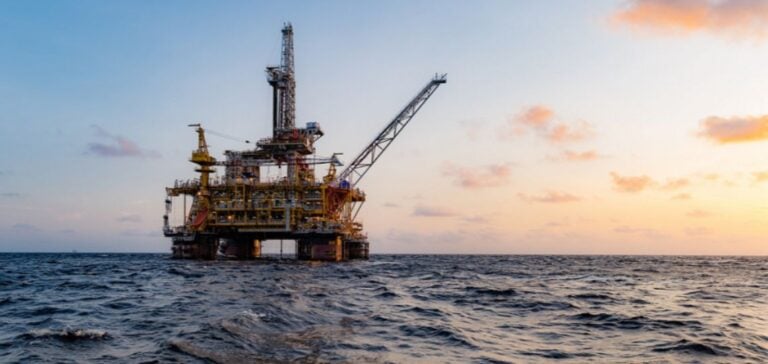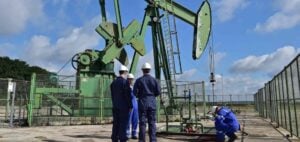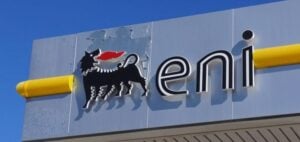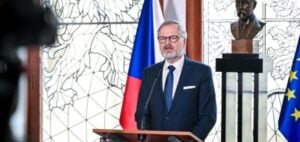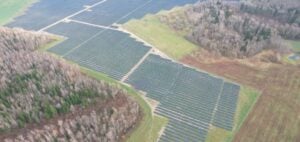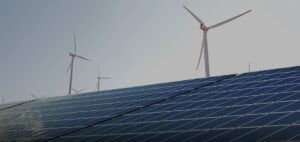Saudi Aramco, the Saudi Arabian oil giant, has announced that the majority of shares in its second public offering have been sold to international investors. The offer was expected to generate $11.2 billion for the kingdom, which is engaged in an ambitious economic reform program called Vision 2030.
Foreign participation on the rise
According to sources close to the matter, around 58% of the shares have been allocated to international investors, compared with just 23% at Aramco’s initial IPO in 2019. This initial offering raised $25.6 billion, setting an all-time record for an IPO. The same sources specified that around 70% of orders outside the local market came from the European Union and the United States, while Japan, Hong Kong and Australia shared the rest.
A test for Saudi economic reforms
This secondary offering was widely seen as a test of foreign investor interest in Saudi Arabia’s ongoing economic reforms. The Vision 2030 program aims to diversify the kingdom’s economy, currently heavily dependent on oil, through large-scale tourism and infrastructure projects. The success of this offer therefore provides welcome short-term financial support for these ambitious projects, which include resorts and stadiums.
Impact on Aramco’s profits
As the world’s leading crude oil exporter, Aramco currently produces around 9 million barrels a day, well below its capacity of 12 million. This voluntary reduction is part of an OPEC+ policy to support oil prices. However, this strategy has weighed on Aramco’s profits, which fell by 14.5% year-on-year in the first quarter of 2024 to $27 billion.
Offer details
On Friday, Aramco announced an offer price of 27.25 Saudi rials ($7.27) per share, at the lower end of the initially announced range of 26.70 to 29 Saudi rials. A total of 1.545 billion shares, representing around 0.64% of the company’s capital, were put on the market. At the close of trading on Thursday, the last day of the week in Saudi Arabia, Aramco shares were trading at 28.30 rials, valuing the company at around $1,830 billion. The success of Aramco’s second public offering to international investors testifies to the market’s confidence in the company’s growth potential and in the economic reforms undertaken by the Saudi kingdom. Despite volatile oil prices and reduced production, Aramco’s appeal remains strong, consolidating its position as world leader in the oil industry.

